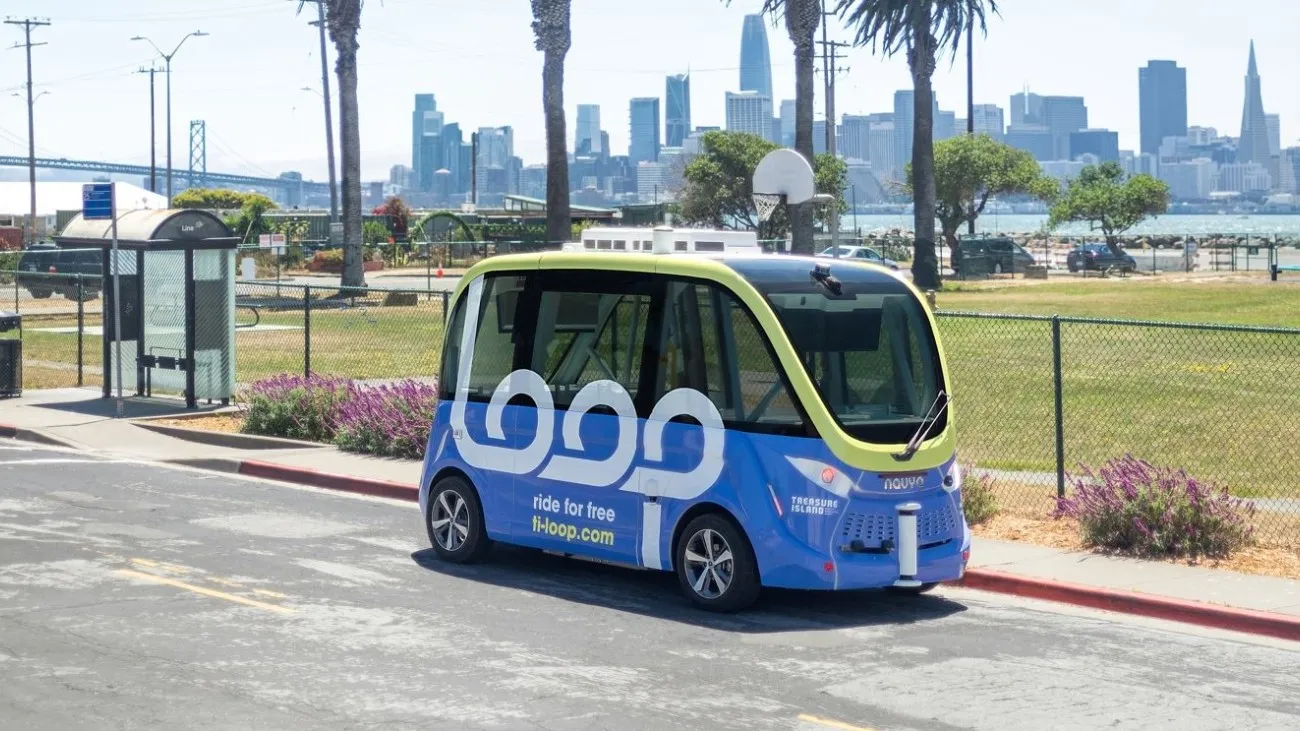Ride-sharing company Uber Technologies has halted its self-driving car testing in San Francisco just one week the California Department of Motor Vehicles (DMV) revoked registrations for the vehicles, saying the company did not have the necessary state permits for autonomous driving.
Uber, which had been testing the cars for just one week, is expanding is self-driving testing in Arizona. It has been testing autonomous cars in Pittsburgh since September.
Anthony Levandowski, head of Uber’s Advanced Tech
January 3, 2017
Read time: 2 mins
Ride-sharing company Uber Technologies has halted its self-driving car testing in San Francisco just one week the California Department of Motor Vehicles (DMV) revoked registrations for the vehicles, saying the company did not have the necessary state permits for autonomous driving.
Uber, which had been testing the cars for just one week, is expanding is self-driving testing in Arizona. It has been testing autonomous cars in Pittsburgh since September.
Anthony Levandowski, head of8336 Uber’s Advanced Technology Group, said in a statement on the company’s website that “we respectfully disagree with the California Department of Motor Vehicles legal interpretation of today’s autonomous regulations; in particular that Uber needs a testing permit to operate its self-driving cars in San Francisco.”
He notes that the regulations apply to autonomous vehicles, which he says are cars defined as being equipped with technology that can “drive a vehicle without the active physical control or monitoring by a human operator.” However, he said the cars Uber has on the roads in San Francisco are not capable of driving “without … active physical control or monitoring”.
He claims that self-driving Ubers operate in the same way as vehicles equipped with advanced driver assist technologies, such as8534 Tesla auto-pilot and other OEM’s traffic jam assist, which operate in California without any DMV permit at all.
On 13 December, the DMV issued a statement on its website saying, “The California DMV encourages the responsible exploration of self-driving cars. We have a permitting process in place to ensure public safety as this technology is being tested. Twenty manufacturers have already obtained permits to test hundreds of cars on California roads. Uber shall do the same.”
Uber, which had been testing the cars for just one week, is expanding is self-driving testing in Arizona. It has been testing autonomous cars in Pittsburgh since September.
Anthony Levandowski, head of
He notes that the regulations apply to autonomous vehicles, which he says are cars defined as being equipped with technology that can “drive a vehicle without the active physical control or monitoring by a human operator.” However, he said the cars Uber has on the roads in San Francisco are not capable of driving “without … active physical control or monitoring”.
He claims that self-driving Ubers operate in the same way as vehicles equipped with advanced driver assist technologies, such as
On 13 December, the DMV issued a statement on its website saying, “The California DMV encourages the responsible exploration of self-driving cars. We have a permitting process in place to ensure public safety as this technology is being tested. Twenty manufacturers have already obtained permits to test hundreds of cars on California roads. Uber shall do the same.”









